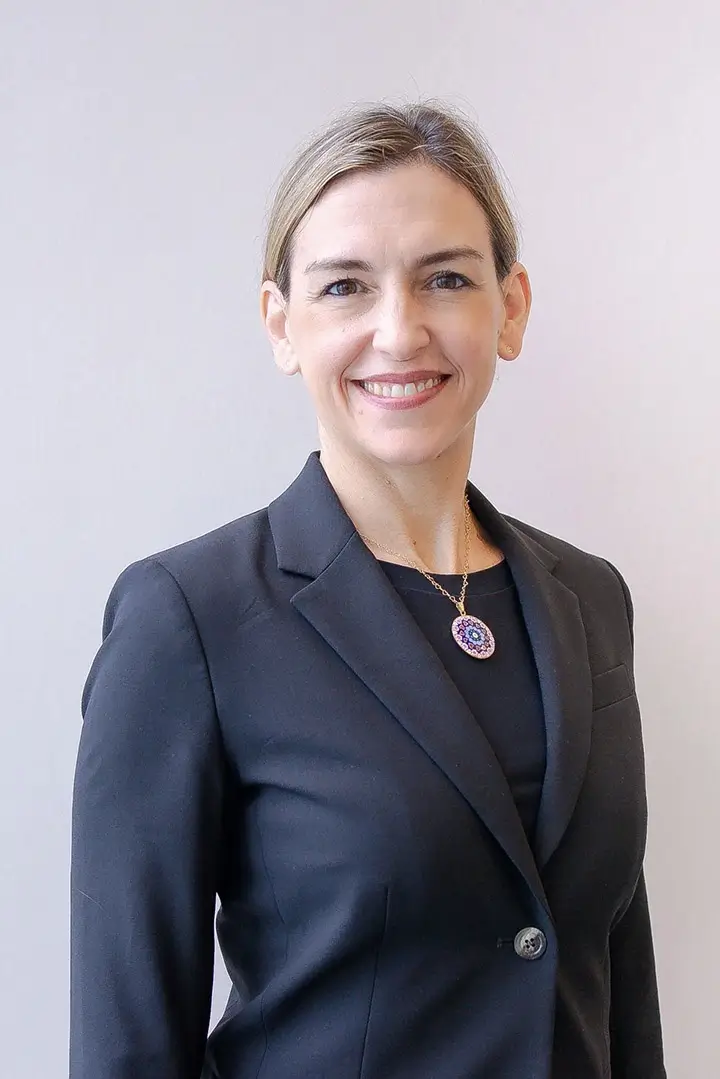Knorr et al. Transl Res. 2010 Sep;156(3):147-154. Epub
Immune therapy of cancer is an exciting prospect given the possibility of treating cancer without the side effects associated with conventional treatments such as chemotherapy or radiotherapy. Additionally, the use of the immune system to target tumors offers the possibility of eradicating micrometastasis, which often cannot be treated by conventional means.
Early work in the immunotherapy of cancer involved taking out patient lymphocytes that were infiltrating the tumor, expanding them outside of the body, and subsequently re-injecting them with the hope that expanded numbers of tumor-specific killer cells would destroy the tumor. Unfortunately this approach was very expensive and did not yield positive results to justify the complexity and expense of the procedure. One possible reason for the failure of this approach is that the cells used where already “old” and “exhausted”. In other words, previous encounters of the T cells with cancer antigens seems to have programmed them so as to inhibit ability to mount a proper immune response.
The use of natural killer cells as an alternative to T cells was considered. These cells, called lymphokine activated killers (LAK) displayed specific ability to kill tumors and were more effective than T cells alone. Unfortunately this approach too also required substantial manipulation of the cells outside of the body and was not practical.
In a recent paper, the group of Knorr et al discussed how to use stem cells to solve the problem of generating anti-cancer immune cells out of the body. They discuss how they have successfully used embryonic stem cells to generate “universal donor” natural killer cells. This approach is highly promising since NK cells do not need to be matched with the recipient in order to mediate anti-cancer activity. Additionally, since the cells are generated “brand new” in the laboratory, the problem of “exhaustion” is no longer relevant. Unfortunately there are still several obstacles to overcome such as the potential of embryonic stem cells forming leukemias/tumors, and the possibility of host anti-graft responses.
The paper also describes the future possibility of using inducible pluripotent stem (iPS) cells as a method of generating autologous T cells with any given TCR specificity.

